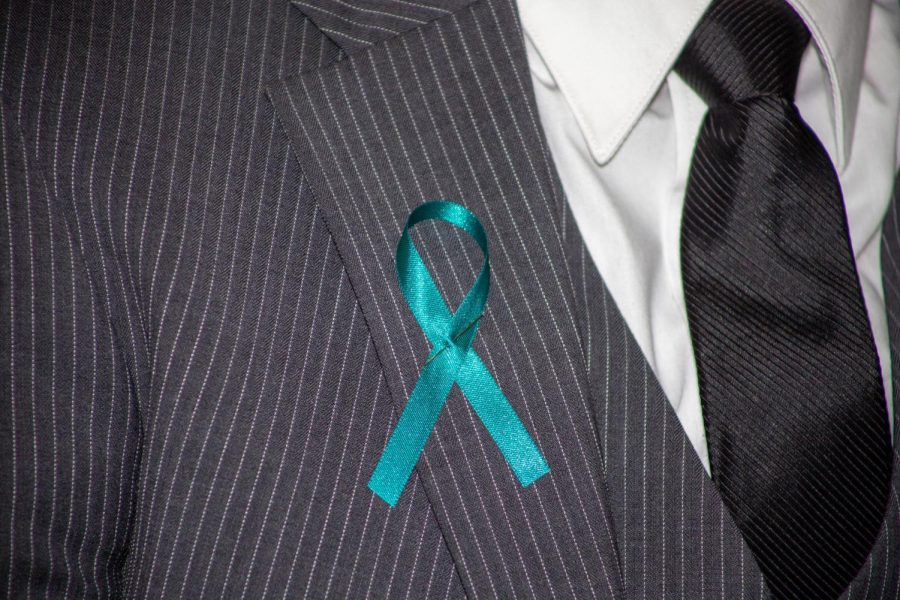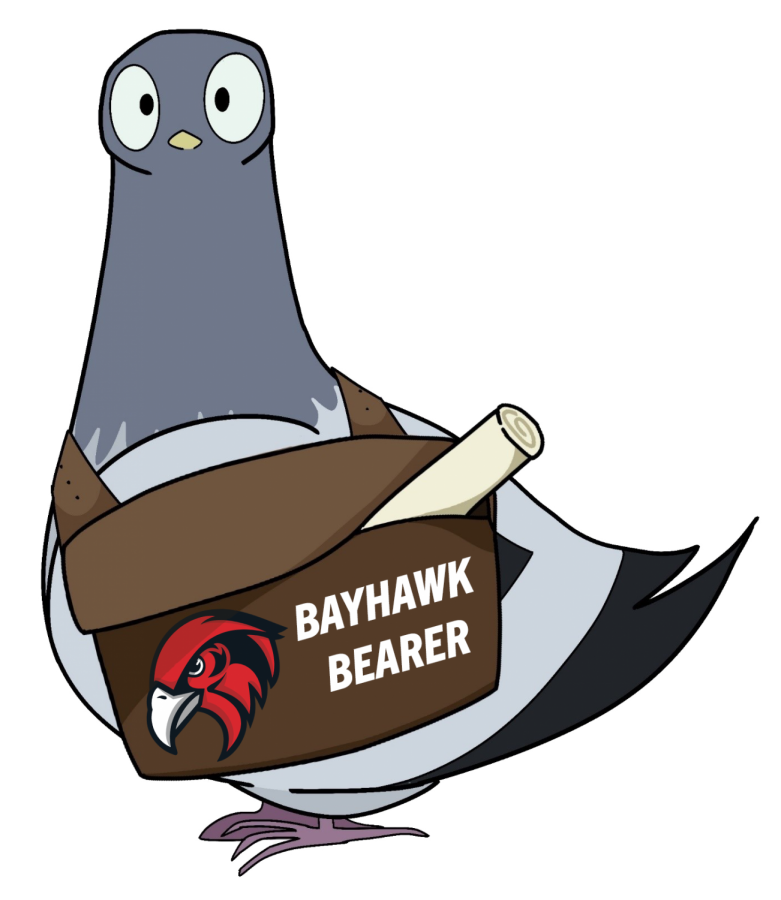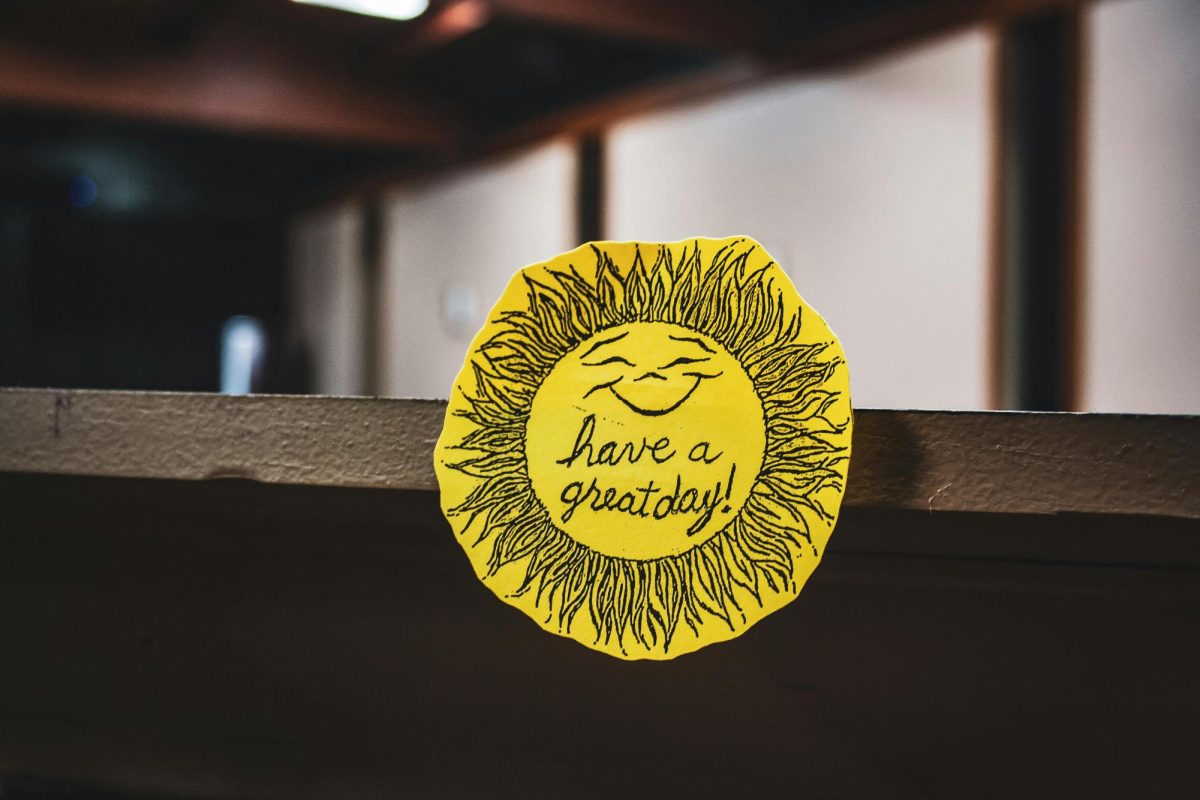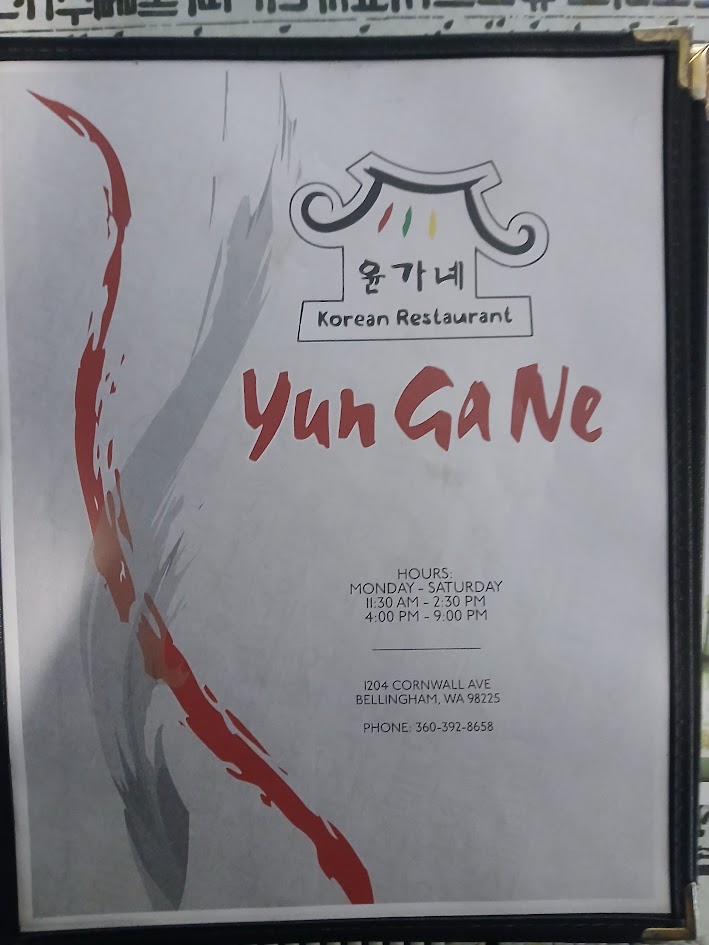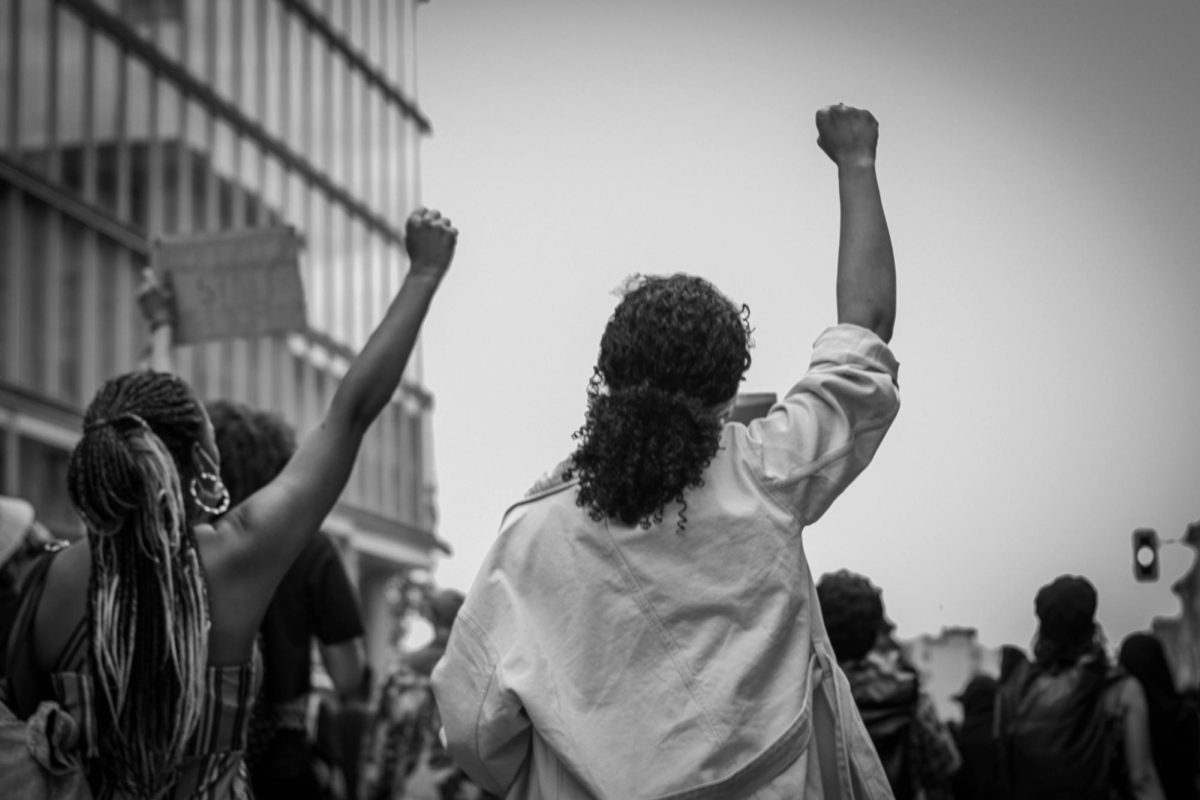Sexual Assault Awareness Month
April 26, 2023
CONTENT WARNING: Topics of Rape and Sexual Assault
What is Sexual Assault Awareness Month? Sexual Assault Awareness Month: in other words, SAAM is a month where people raise awareness about sexual assault, how to prevent it, how to protect people who were sexually assaulted, and much more. SAAM movements started back in 1940-1950, which quickly lead to San Francisco opening its first rape crisis center in 1971.
Anyone could be a victim of sexual assault, studies from the National Sexual Assault Nation Network says, “every 68 seconds an American is being sexually assaulted” and that is, on average, about 463,634 Americans are a victim of sexual assault each year.
What is Sexual Assault really? Sexual assault is attempting rape, fondling, or unwanted sexual touching; forcing the victim to perform sexual acts; and raping the victim’s body. Rape is often used in its legal definition, which includes sexual penetration without consent.
Though the media generally portrays women exclusively as sexual assault victims, in reality, this is not the case. Anyone can be a victim of sexual assault no matter their gender, race, or sexuality. 1 in 3 women and 1 in 4 men get sexually assaulted in their lifetime and it’s statistically more likely for women to sexually assault someone else than to be a victim.
Some signs of a loved one being sexually assaulted include behaviors like isolation, change in eating habits and mood, and more. The signs are different for different people. If you find out your friend has been sexually assaulted what to do? One of the most important things is to not ruin their trust, be a good listener to them, provide information (things like helplines, etc.).
Now you know how to help your friend, but how would you help yourself if you got put into this situation? Make sure you’re safe in the place you are now. In order to preserve any DNA evidence, you can choose to go to a medical provider and get a sexual assault forensic exam, also known as a “rape kit.” You can always go to your local helplines to get not just support, but also healing from sexual assault, but it is different for everyone. It may take days, or it may take years, but you are not alone in this, and here are some ways you can heal. Therapy–the last thing you should be doing is bottling up your feelings. It may be scary at first, but you can overcome it. You can also plan ways to make situations safer for you and your loved ones. This could be making sure you have a safe word to let your family and friends know when you are in danger, or being familiar with your surroundings.
Sexual assault is a scary thing, and you shouldn’t feel alone.
Domestic Violence & Sexual Assault Services: 24-hour Help Line: 360-715-1563, Email: [email protected].
Lummi Victims of Crime: 360-312-2015.
Bellingham Police: You can call anonymously at 360-778-8611, or go online at cob.org/tips.
WWU Consultation and Sexual Assault Support Survivor Advocacy Services: 360-650-3700 or wp.wwu.edu/sexualviolence/.
Brigid Collins Family Support Center: 360-734-4616, brigidcollins.org
Source:
